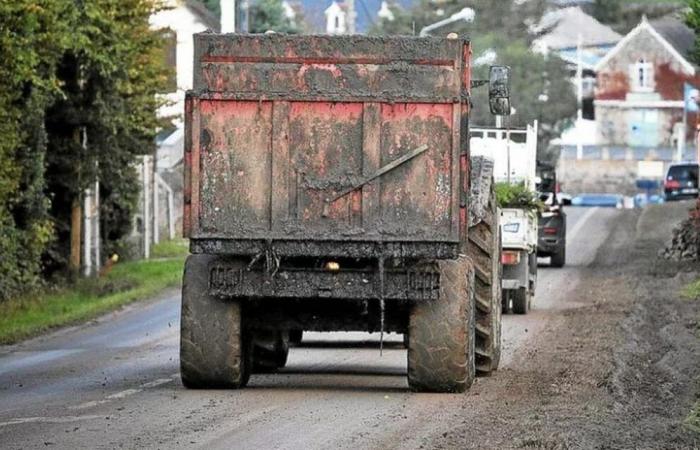Conflicts of use in rural areas are increasing. Noise from agricultural machinery at night, combine harvesters which slow down traffic, use of phytosanitary products, sludge deposited on the roads… So many traces of the activity of farmers, considered by some as nuisances, which sometimes degenerate into complaints addressed to the departmental council of Finistère and possibly in conflicts.
This observation made by the community encouraged it to create a rural installation charter intended for the general public. “An information document given to all those who buy a property in a rural area,” specifies Maël de Calan, president of the Department. The voluntary notaries will in fact include a “good neighbor clause”, which has no binding value, in the deeds of sale and will provide explanations to buyers regarding the specificities inherent to living in a rural area.
This is to prevent the link between Finistère society and agricultural activity from being broken.
The municipalities will also contribute to disseminating this charter, which will also be highlighted during agricultural events such as Agri Deiz or Agrifête.
“It’s about preventing the link between Finistère society and agricultural activity from being broken,” summarizes Maël de Calan. According to its instigators, this system is aimed, in particular, at new arrivals in the countryside of the department. And, more broadly, all those who “ignore the economic realities” of these territories, adds the elected official.
City dwellers called to renew agriculture
For representatives of the profession, the creation of this communication tool is good news. “We will hope that the gap between citizens and the agricultural community will be reduced,” comments Maxime Da Rocha, member of Young Farmers.
Valérie Lazennec, president of the House of Organic Agriculture of Finistère, is delighted that this approach constitutes a step towards urban and peri-urban populations who will “contribute to the renewal of agriculture”.






